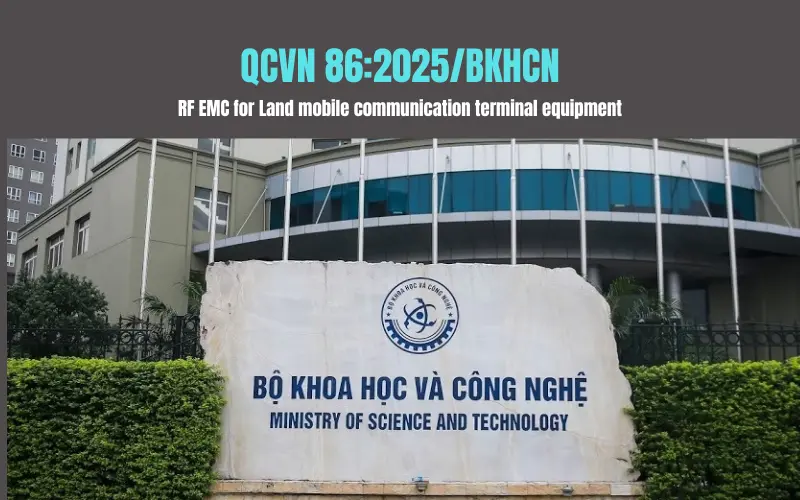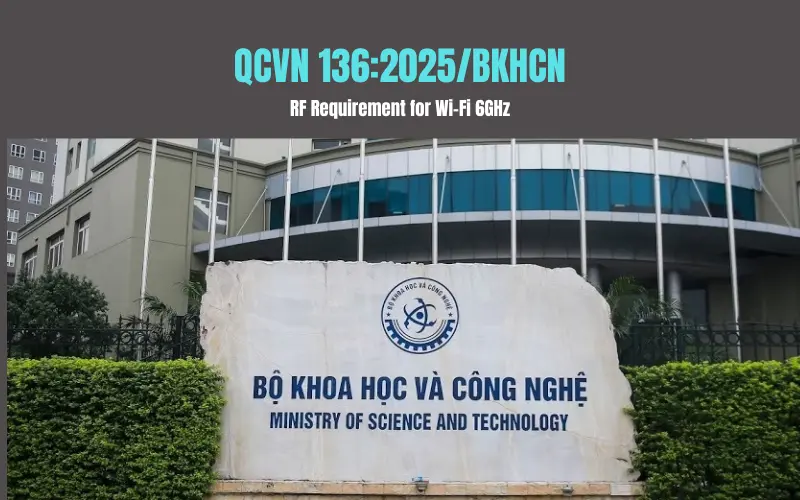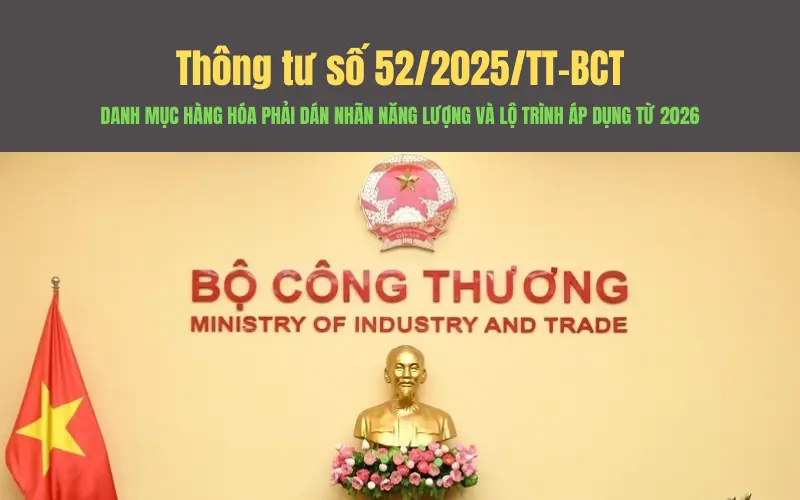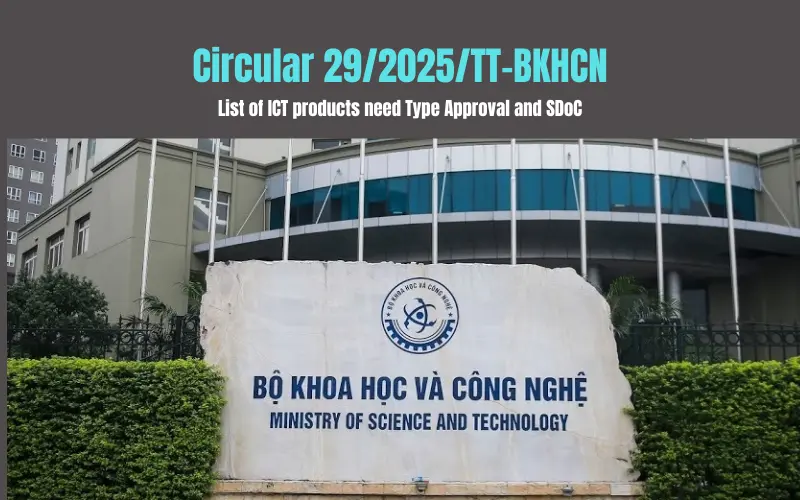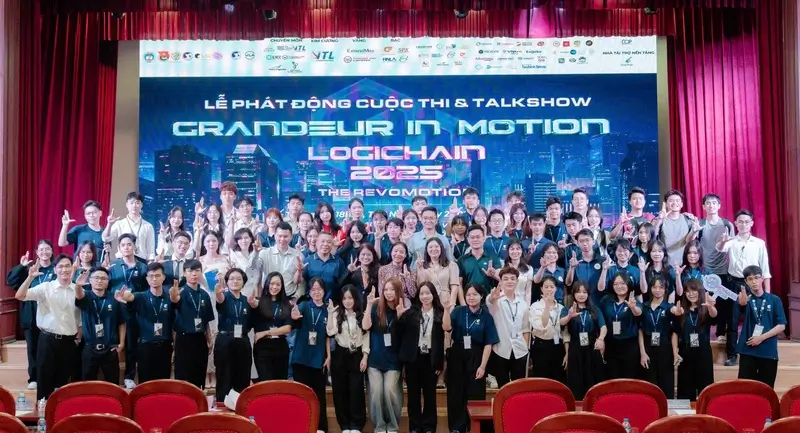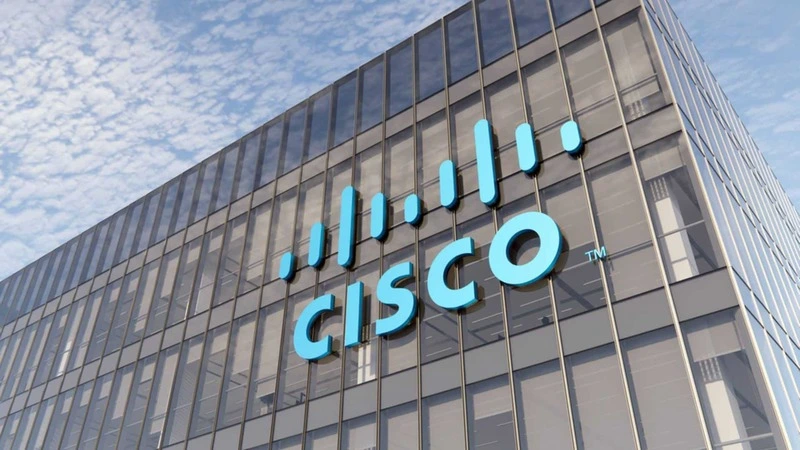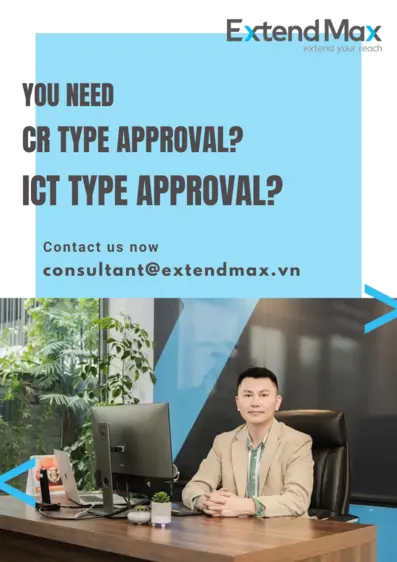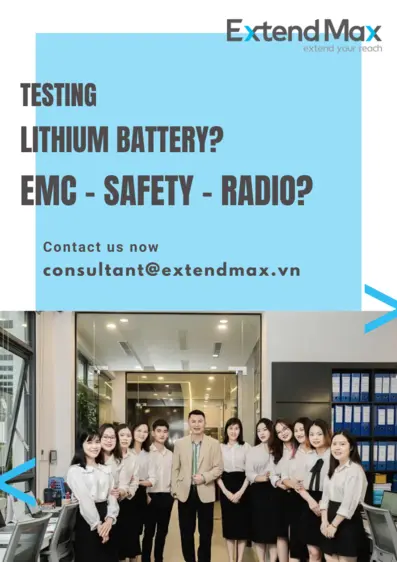EXTENDMAX – The Ministry of Information and Communications (MIC) has officially announced the roadmap for shutting down 2G (GSM only) starting from October 15, applicable nationwide. However, certain special areas such as islands and DK offshore platforms will retain 2G signals due to geographical factors and specific connectivity needs. In theory, after this date, GSM technology will no longer be used in other areas, marking a significant milestone in Vietnam's telecommunications infrastructure modernization. The question arises whether businesses still need to test and certify conformity for GSM technology.
Why is shutting down 2G GSM really necessary?
Shutting down GSM is part of the modernization process for Vietnam's telecommunications infrastructure, aimed at improving service quality and fostering the development of advanced mobile technologies. Below are the key reasons driving the shutdown of 2G in Vietnam:
- Releasing frequency resources: The GSM network uses frequency bands that can now be used more efficiently for advanced mobile technologies like 4G and 5G. Shutting down GSM will free up these resources for expanding and improving next-generation networks, supporting faster data transmission speeds and enhancing service quality.
- Encouraging users to transition to new technologies: Maintaining the 2G network requires allocating resources to maintain an outdated technology infrastructure. By shutting down GSM, Vietnam encourages users to transition to modern devices that support 4G and 5G, enhancing user experience with faster access speeds and higher-quality services.
- Improving economic efficiency: Maintaining the old 2G network can be costly for telecom providers, especially as the number of users on this technology continues to decline. Shutting down GSM helps carriers save on maintenance costs and allows them to focus on investing in new infrastructure and developing higher-value services such as IoT, smart networks, and other advanced telecommunications services.
- Integrating and developing modern technology: With the rapid global development of 4G and 5G, continuing to maintain the 2G network is no longer in line with the trend of integrating and advancing telecommunications technology. Shutting down GSM allows Vietnam to quickly transition to modern technologies, while supporting new services like the digital economy, digital banking, autonomous vehicles, and smart cities.
- Enhancing cybersecurity: GSM networks are outdated and less secure than modern technologies. Shutting down GSM reduces cyber security risks associated with maintaining outdated technology, thereby better protecting users' personal information and data.
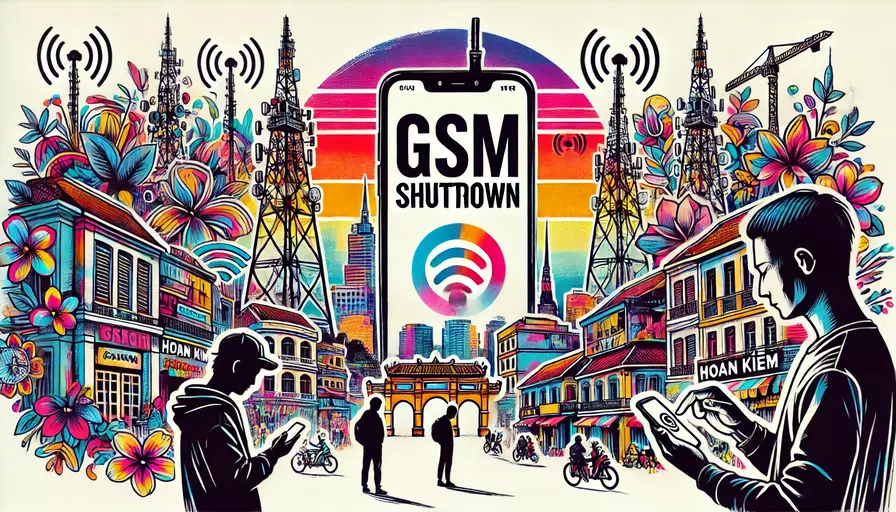
QCVN 117:2023/BTTTT is for all 2G, 3G, and LTE
QCVN 117:2023/BTTTT is a technical regulation issued by the Ministry of Information and Communications (MIC), applied to devices that use mobile technology, including three sections of technical requirements for LTE, 3G, and 2G. This means that mobile devices, such as smartphones, must meet these requirements to be certified for conformity when imported or manufactured domestically. Notably, even though 2G (GSM) technology will be phased out, QCVN 117:2023/BTTTT still includes requirements for 2G, in addition to those for 3G and LTE.
Products with 2G integration still need to be certified for GSM?
In reality, products like mobile phones, in addition to 3G, 4G, and 5G technologies, still integrate GSM technology. The question arises: when GSM is phased out, do these products still need to be tested and certified for 2G under QCVN 117:2023/BTTTT?
In fact, the shutdown of GSM does not mean that products with integrated GSM technology will be exempt from certification under QCVN 117:2023/BTTTT for the 2G part. The reasons are as follows:
-
The technical standard QCVN 117:2023/BTTTT includes mandatory technical requirements for LTE, 3G, and also the 2G GSM part.
-
Circular 02/2024/TT-BTTTT still requires conformity certification for integrated features in products, including GSM.
The above circulars and standards remain in effect, with no amendments yet. Therefore, importers are still required to perform testing and conformity certification for products, including the 2G part, until the Ministry of Information and Communications (MIC) issues new policies excluding the certification requirement for 2G, as this technology is no longer in use.
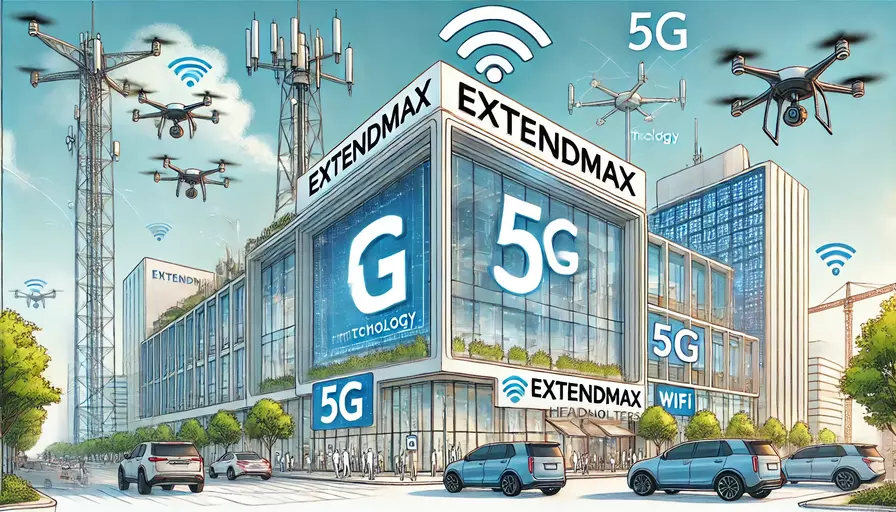
What solutions can help businesses save costs?
For manufacturers: From the manufacturer's perspective, if a product does not integrate GSM, this means reduced production costs and lower expenses related to GSM patents and inventions. If you have a version of the product that does not support GSM, prioritize exporting those products to Vietnam. In cases where the product hardware still supports GSM, the manufacturer can disable the GSM feature through minor software upgrades, thus saving on testing and conformity certification costs for GSM.
For importers: If possible, choose versions of products that do not support GSM for import, as this can help businesses significantly reduce costs related to testing and certification for 2G technology under QCVN 117:2023/BTTTT.


